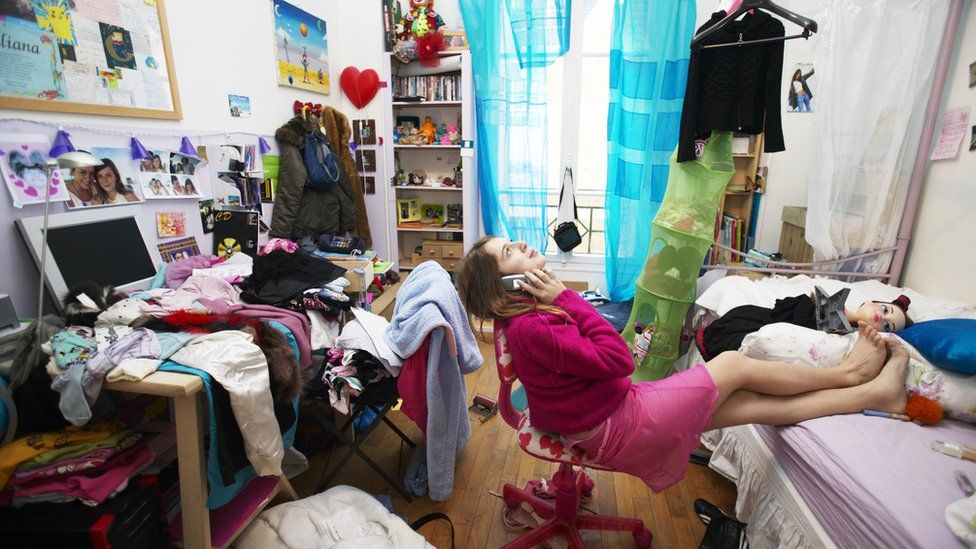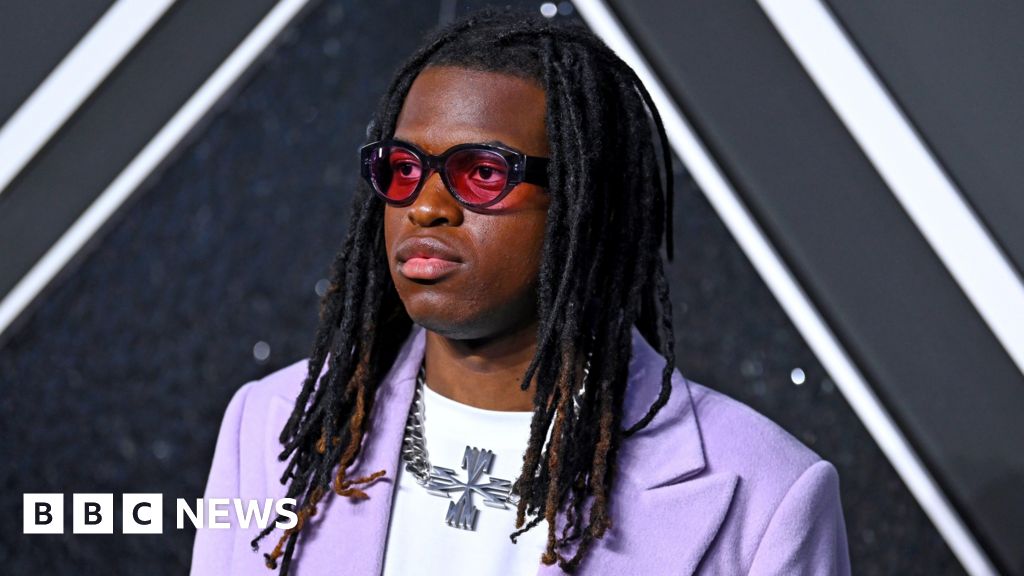ARTICLE AD BOX
 Image source, Getty Images
Image source, Getty Images
Many people adopted goblin mode, giving in to lazy behaviour, during the pandemic
The first Oxford word of the year to be chosen by public vote has been announced.
The winning word, "goblin mode", is a slang term describing "unapologetically self-indulgent, lazy, slovenly, or greedy" behaviour.
It was one of three potential choices selected by Oxford lexicographers.
Thousands managed to drag themselves out of goblin mode to vote, as the phrase won by a landslide with 318,956 votes, making up 93% of the total.
So, what does goblin mode mean exactly?
According to Oxford University Press, which publishes the Oxford English Dictionary, it is a slang term often used in the expressions such as "I am in goblin mode" or "to go goblin mode".
It went on to explain it as "a type of behaviour which is unapologetically self-indulgent, lazy, slovenly, or greedy, typically in a way that rejects social norms or expectations".
The term started appearing online in 2009, but went viral earlier this year over a fictitious headline scandal involving actress and model Julia Fox as well as a popular Reddit post describing someone who has been acting like a goblin.
As Covid restrictions eased, the term continued to grow as people realised they did not want to go back to the way life was before.
It prompted a campaign for its selection, with the PC Gamer magazine asking readers to "put aside our petty differences and vote for 'goblin mode' over 'metaverse' as the Oxford Word of the Year", because "goblin mode rules".
It's perhaps hard to argue with that logic when many of us can feel a little goblin-like occasionally.
It is the first time the word of the year has been chosen by the public, a decision made in a year organisers described as "more divided than ever".
Casper Grathwohl, president of Oxford Languages, said that people have been embracing their inner goblin.
He added: "We were hoping the public would enjoy being brought into the process, but this level of engagement with the campaign caught us totally by surprise.
"The strength of the response highlights how important our vocabulary is to understanding who we are and processing what's happening to the world around us.
"Given the year we've just experienced, 'goblin mode' resonates with all of us who are feeling a little overwhelmed at this point. It's a relief to acknowledge that we're not always the idealized, curated selves that we're encouraged to present on our Instagram and TikTok feeds."
The runner up was metaverse with 14,484 votes, followed by #IStandWith with 8,639 votes.
TV word expert Susie Dent said that she was voting for #IStandWith.
Speaking to BBC News, Ms Dent explained that Oxford Languages has always been clear that its word of the year does not always need to be a singular term.
Speaking about the winning word, she said: "It seems in some ways quite a frivolous choice but actually the more you dig into it the more you realise it is actually a kind of reaction to the existing state of affairs. We're sort of retreating and no longer want our life to be curated by filters."
Last year's word of the year was vax, echoing the interest in vaccines after a coronavirus vaccine was released.

 1 year ago
44
1 year ago
44








 English (US)
English (US)